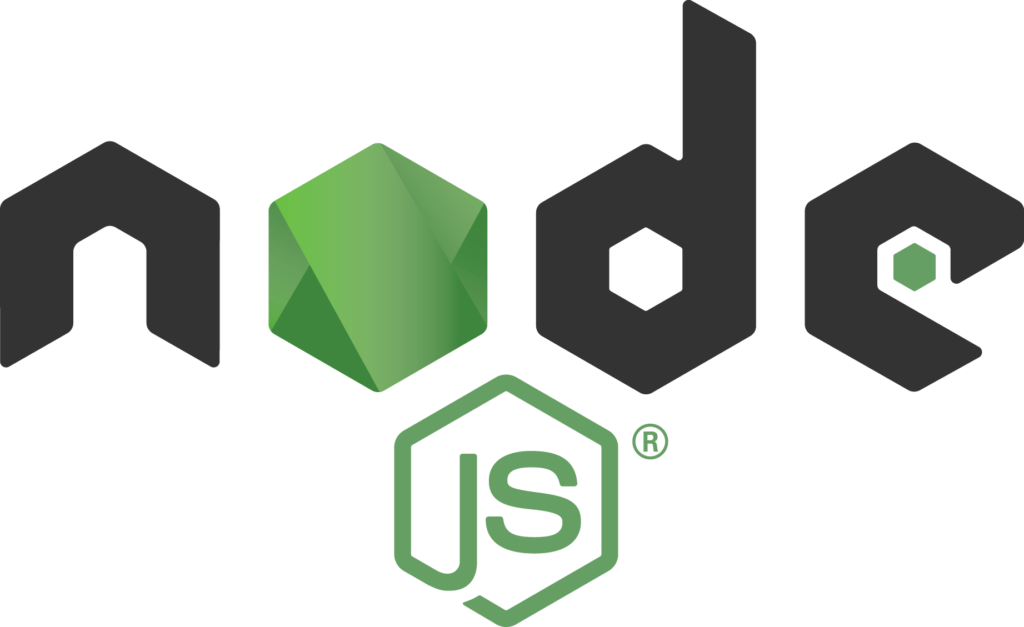In the ever-evolving world of web development, staying up-to-date with the latest technologies is essential for success. One such technology that has been making waves in recent years is Node.js. In this article, we’ll take a deep dive into what Node.js is, its advantages, use cases, and how you can get started with it to supercharge your web development projects.

What is Node.js?
Node.js is an open-source, server-side JavaScript runtime environment built on the V8 JavaScript engine from Google. Developed by Ryan Dahl in 2009, Node.js allows developers to write server-side code using JavaScript, a language traditionally associated with client-side scripting. This revolutionary approach makes it possible to use a single language, JavaScript, for both the frontend and backend of web applications.
Advantages of Node.js
1. Speed and Performance
Node.js is renowned for its impressive speed and high-performance capabilities. Thanks to its non-blocking, event-driven architecture, it can handle multiple concurrent connections efficiently. This makes it an ideal choice for building real-time applications, such as chat applications and online games.
2. Scalability
Node.js is designed with scalability in mind. It can easily handle a large number of concurrent requests, making it a suitable choice for applications with high user loads. Additionally, the Node Package Manager (NPM) provides a vast ecosystem of reusable modules and packages that simplify the development process and enhance scalability.
3. Rich Ecosystem
Node.js boasts a thriving ecosystem of libraries and packages, thanks to the NPM repository. You can find pre-built modules for various functionalities, allowing you to accelerate development and reduce the need for reinventing the wheel.
4. Single Language Stack
Using JavaScript on both the frontend and backend eliminates the need for developers to learn multiple languages, resulting in increased efficiency and reduced development time.
Use Cases for Node.js
1. Web Applications
Node.js is well-suited for building web applications, particularly those requiring real-time interactions. Popular frameworks like Express.js and Nest.js simplify web application development by providing a robust foundation and essential tools.
2. APIs and Microservices
Node.js is an excellent choice for creating APIs and microservices due to its speed, scalability, and the availability of lightweight frameworks like Hapi.js and Fastify. It allows you to build modular and maintainable services.
3. Real-time Applications
Node.js is widely used in developing real-time applications like chat applications, online gaming platforms, and collaborative tools. Its event-driven architecture ensures seamless data exchange in real-time.
4. IoT (Internet of Things)
Node.js is also gaining traction in the IoT space, thanks to its ability to work with hardware devices and sensors. Libraries like Johnny-Five make it easy to control hardware using JavaScript.
Getting Started with Node.js
- Installation: Start by downloading and installing Node.js from the official website (https://nodejs.org/). Node.js comes with NPM, which allows you to manage packages and dependencies.
- Create Your First Project: Use a text editor or an Integrated Development Environment (IDE) to create your Node.js project. You can start with a simple “Hello, World!” application to get a feel for the environment.
- Explore the Ecosystem: Familiarize yourself with the vast ecosystem of NPM packages and modules. You can use them to extend the functionality of your applications.
- Learn a Framework: Consider learning a Node.js framework like Express.js or Nest.js to streamline your application development process. These frameworks provide a structured approach to building web applications and APIs.
- Practice and Experiment: The best way to master Node.js is through hands-on practice. Create projects, experiment with different packages, and work on real-world applications to hone your skills.
Node.js has emerged as a powerful and versatile technology that’s transforming the way we build web applications. Its speed, scalability, and the convenience of using JavaScript on both the frontend and backend make it a valuable addition to any developer’s toolkit. Whether you’re building web applications, APIs, or real-time systems, Node.js has the potential to accelerate your development process and enhance your application’s performance. So, why wait? Dive into the world of Node.js today and unlock its full potential for your web development projects.

